The next step of NFTs, blockchain and play-to-earn: Emulators!

What if your little sister, called by enemies as "bum" because of playing games everyday, is gaining as money as you earn?
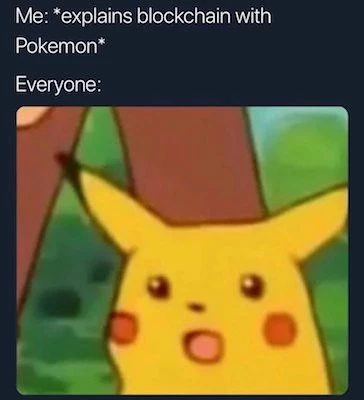
When normal people hears of new worlds.
Play-to-earn, on its economy-gamified and fair form, is a brand new concept introduced by Ethereans. It shouldn't take consideration the "Bitcoin crypto earning" games we see at app stores, as they're centralized and most are scams. So, now it really is feasible and fair.
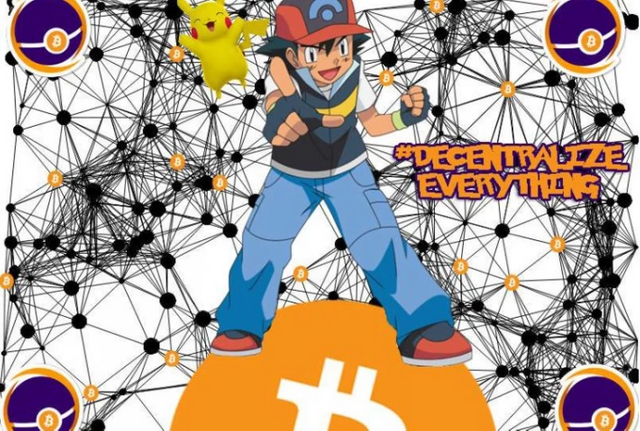
Gotta decentralize'm all.
A game have - and actually is - exploring near the top potential of play-to-earn: Axie Infinity.
Did you thought how existing games could use blockchain? I will cover it.
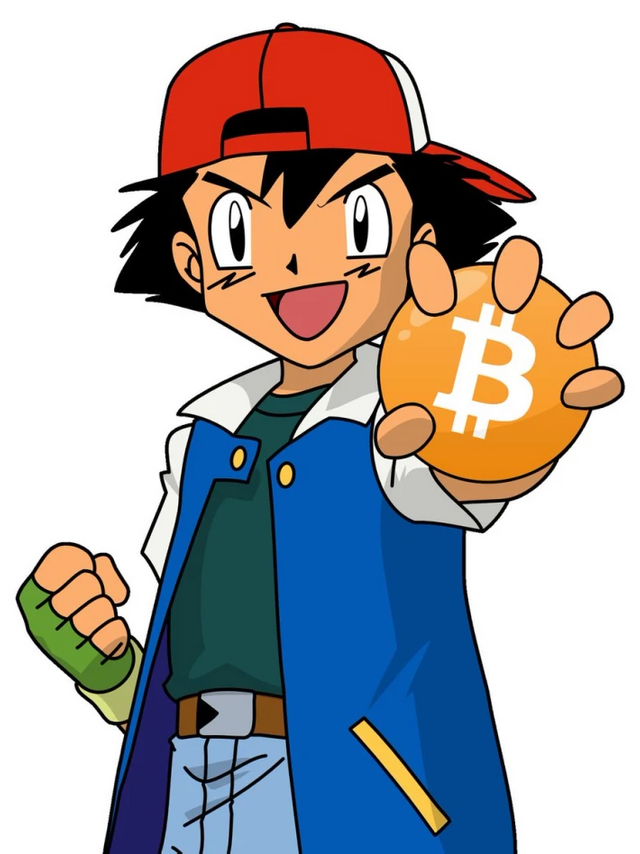
Gotta catch'em all.
I need to make this post simple and objective. Don't expect a polluted article like you see in traditional news media on Internet: there are links for bringing information without a cover copy-n-paste.
This article assumes you already have knowledge about Ethereum and the basic about how smart-contracts works (even if you don't know to program, you're welcome, also to search about Ethereum and smart-contracts before reading).
As there is the Loom blockchain, which computes less important contracts (games) in a professional speed (which makes sense, leaving the slow important data on Ethereum), a bunch of games - like Axie Infinity - are being developed for it.
How does this makes sense, to have your gaming into blockchain?
YOU should own your game items you buy.
In any other game, your items/skins/points/EVERYTHING from other games should be accessible.
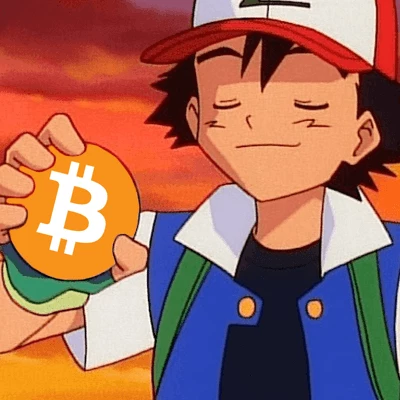
And more utopic, use your items in any game (this utopia already exists with Enjin). You should have sure the server didn't hacked in favor of other gamer while there is a table of bets earning money (see the corruption of soccer) from his win against you. Blockchain is a common ledger where common sense from P2P computers replaces the centralization of a server. Blockchain games are already here and thriving. If you're not familiar with BC games, you will struggle a little about the next (and the theme of this article) topic: turning existing console games into blockchain games!
How this can be achieved? Hacking them like Pokémon's GBA ROMs? No, but with emulators!
Now, it will not anymore be a professional post (and it is?), but for the sake of my creativity, I will write in my own way for explaining my idea.
How blockchain can be introduced in existing console games without hacking them? The drawback is not being able to use the original console, but an emulator. Don't yet figure how it is possible? I'll begin telling how to cook this recipe.

As you own the source-code (you should share the source-code, you egoist) of a blockchain game you made, it is a blockchain game because you, who understand its code, have worked for it to behave as you need. But you didn't developed the console games you loves, and didn't even have the source-code of such commercial (and traditional/old) games; so, how can you make them exchanging data with the blockchain? The answer is, a emulator which yourself, you have built/modified the source-code.
There is an analogy: actual blockchain games - and their blockchain communication - can be seen as an abstraction layer. The emulator can also work as a blockchain abstraction layer for any game! And this article will start to become interesting.

Unlike classical games, blockchain games are aware of their "blockchain communication abstraction layer". But there is the inverse way: all the emulators we know are aware of the games they runs; and here is the opportunity for converting classical games into blockchain games, expanding the usage and giving unthought new ways to explore the games we used to love for decades past.
What make me have this idea? Pokémon. And GameBoy is the best console to start with.
Yes, I know at this point, capitalist groups with contact with Nintendo, will have satisfaction in censoring this post - which is bad for the worldwide flourish of new ideas and concepts for an evolved humanity. If Nintendo's lawyers or capitalism didn't killed this article, keep reading.
A good emulator I suggest modifying (open-source and very documented) is
GBE+, or this JS GB emulator.
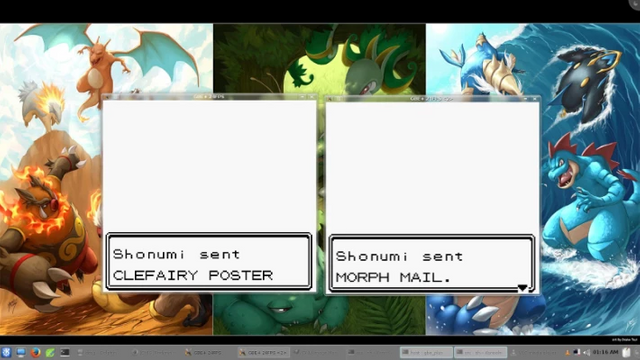
GBE+ being played in a beauty Linux distribution.
An emulator is aware of the data a game is sending. As any program (even JS apps can do that, such as mine), emulators can read your .sav file. It knows which bitmaps to show, and which process the game is sending to run.
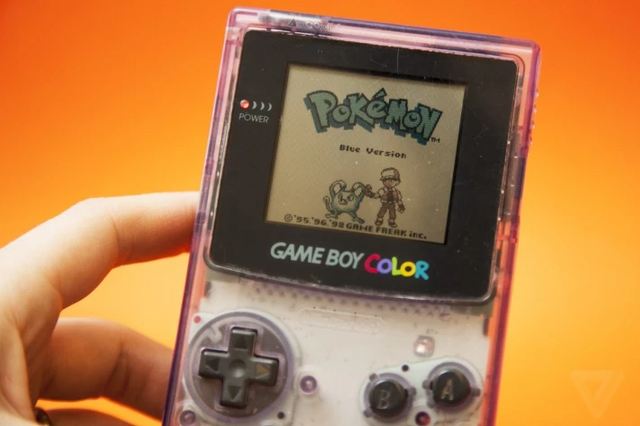
For you who only knows emulators, this is how the games looks in a original device. You can reproduce it with Raspberry Pi.
So, it can know if the randomness rate of a given Pokémon species isn't altered, so it knows your Pokémon isn't hacked.
It can generate a unique fingerprint from your Pokémon's stats, to know if a trade is using an existing, non-hacked Pokémon already tokenized (NFTed?).
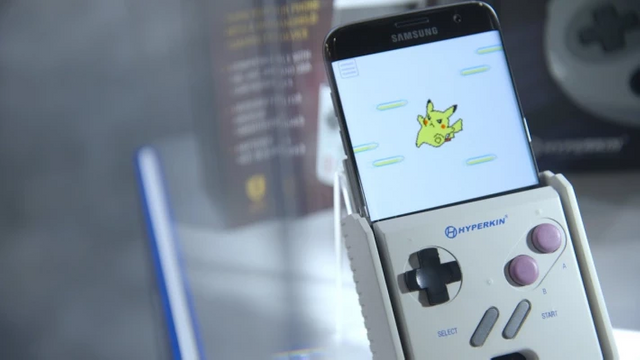
Accessory to transform any phone into a Game Boy.
And the most important, as the emulator already knows how to verify you're doing a fair play: tokenize your poké-dollars, turn your items into unique fungible tokens (Enjin) and your Pokémons into NFTs which can breed. Remembers the Meowths attack to generate money for the poké-casino? A lot of new opportunities can be explored from turning existing games into blockchain games. It is play-to-earn coming to an copyrighted Pokémon game, without breaking laws: assuming you own a original copy of the referred game. But yes, it will need a privacy-friendly identity system such as BrightID: what will be the value of Mew if a single person runs a lot of instances of the game exploring the Oldman's bufferoverflow/glitch? Instead of a central server (as most so-called "decentralized" blockchain games relies now), it will need BrightID. Enjin and Loom are also building blocks.
And there is another interesting idea: emulators can change what the Pokémon game displays on-screen, adding new menus in a overlapping foreground layer! It also means old games flourishing completely new lands.
You, are you ready for bringing this very different project to surprise everyone into a hackathlon? I'm challenging.

I gave you a extremely rare recipe. Now it's up to you in, knowing an developer, or doing this yourself. Emulators are the next level for blockchain games, asset ownership and the play-to-earn model; do you accept the challenge? I dare anyone who would!


This article is also in: